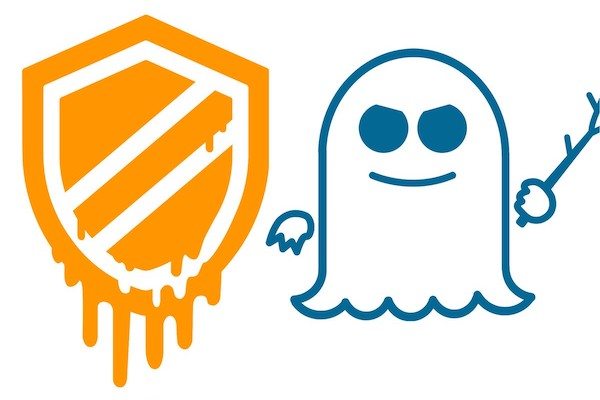Technology companies are attempting to fix a chip design flaw that exposes almost all computer and smartphone users to the theft of some their sensitive data.
Unlike the recent high profile attacks, such as the Mirai Botnet attack, this security threat emanates from hardware and not software. Which means the scope of the threat is increased because hardware design is much less varied than software design.
Intel’s chip designs are in nearly all PCs and many server systems. Arm Holdings’ designs are in nearly all smartphones. US chipmaker AMD is the only significant rival chip maker to Intel. All three are affected.
The flaw could enable hackers to access computer passwords and encryption keys, which would be used to circumvent the encryption on communications, according to Intel.
The companies are already responding. Microsoft hustled out a patch to the Windows operating system on Wednesday. Tech companies have also released statements this week outlining their vulnerabilities and responses, including Apple, Intel, AMD, and ARM. Amazon and Google have put out patches this week to address threats to their cloud infrastructure. Google has also rolled out new security measures for their android smartphones.
This flurry of activity came after the flaw was initially reported on by the Register.
'Meltdown' and 'Specttre' papers show pervasive memory leak security vulnerability across many CPUs produced over the last 20 years https://t.co/VR0oZjN6bP pic.twitter.com/ZojigI2p03
— WikiLeaks (@wikileaks) January 4, 2018
The problems are known as Meltdown and Spectre. Meltdown enables a program to break into the “central memory” of a computer by having a program tap into data that should be protected. Spectre can enable a program running on a chip to access data without going through the operating system.
The activity this week has focused on Meltdown, but Spectre will require years to fix, and the purchasing of new hardware by users.
The problems were discovered by a Google researcher over the summer, and the activity this week was the product of industry wide cooperation.
“[Google] collaborated with hardware and software manufacturers across the industry to help protect their users and the broader web,” said Ben Treynor Sloss, Google’s VP of Engineering, in a blog post.
In spite of these efforts, the companies are not out of the woods, with Intel taking a 2% hit in share price. Intel’s CEO Brian Krzanich sold $14 million of his holding in the company in November.
“Brian’s sale is unrelated. It was made pursuant to a pre-arranged stock sale plan (10b5-1) with an automated sale schedule. He continues to hold shares in-line with corporate guidelines,” Intel’s spokesperson said in a statement to multiple outlets.
The form 4 filing to make the sales was made on Oct. 30th, and the subsequent sales reduced his stake to the exact minimum required for CEOs by the company.
[Title Images: The logos for Meltdown (left) and Spectre (Right). (Microsoft Image)]
LIMA CHARLIE NEWS
Lima Charlie provides global news, insight & analysis by military veterans and service members Worldwide.
For up-to-date news, please follow us on twitter at @LimaCharlieNews
In case you missed it:










![Image Memorial Day may soon be a remembrance of democracy and those who had the courage to defend it [Lima Charlie News]](https://limacharlienews.com/wp-content/uploads/2018/05/Memorial-Day-may-soon-be-a-remembrance-of-democracy-and-those-who-had-the-courage-to-defend-it-Lima-Charlie-News-480x384.png)
![The Mind of Bolton - AUMF and the New Iran War [Lima Charlie News]](https://limacharlienews.com/wp-content/uploads/2019/05/Inside-the-mind-of-Bolton-Lima-Charlie-News-main-01-480x384.png)

